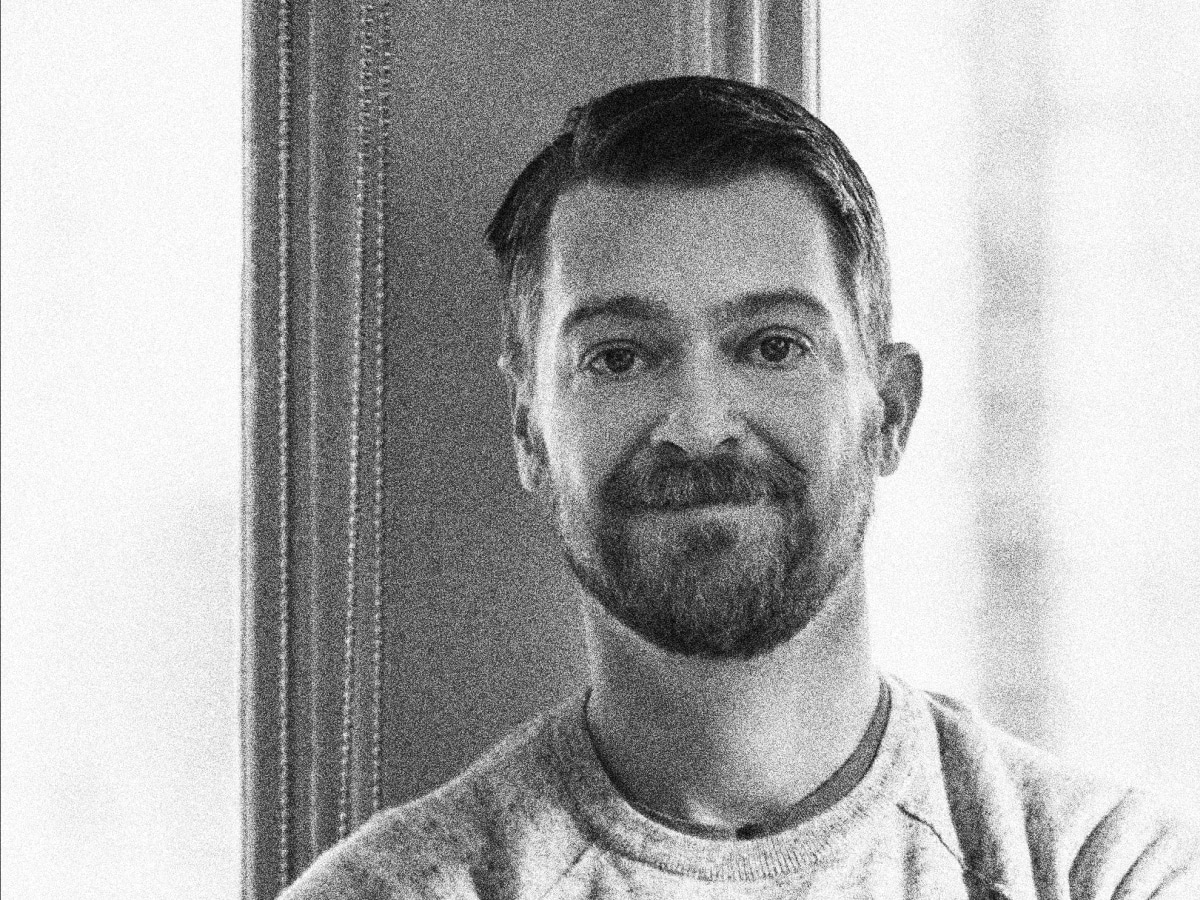When the financial crisis hit in 2008, founder and chief investment officer of Discipline Funds Cullen Roche managed to remain pragmatic, eventually emerging with a 15% return in his private investment partnership. In the latest episode of Opto Sessions, the financial analyst author of Pragmatic Capitalism explains his approach to picking trades during a market downturn.
LISTEN TO THE INTERVIEW:
“I’m known for being generally very optimistic,” financial analyst Cullen Roche told Opto Sessions in our latest episode. “The last time I was really negative was the years running up to the financial crisis. Today’s environment has a lot of weird similarities.”
Rising oil and commodity prices are reminiscent of 2008, as are faltering house prices in the US. “The underlying math is very worrisome”, Roche said regarding interest rates. “This is basically the fastest set of rate hikes that the Fed has ever implemented.”
Indeed, Roche has seen it all before. He began his career at Merrill Lynch, before becoming an independent advisor. Last year, he launched a portfolio review service called Discipline Funds, where he helps investors to build portfolios that respond to what’s actually going on in the economy. His book, Pragmatic Capitalism, was published in 2014 and explains the realist approach he takes to portfolio building.
When the financial crisis hit, Roche says he was able to navigate a 15% return in his private investment partnership. His tactic was to tap into his knowledge of accounting and macroeconomics to try and figure out what the impact of quantitative easing would be.
“I’m known for being generally very optimistic” - Cullen Roche
Adopting a ‘gambling mentality’
The biggest risk that traders can take in a moment like this, he says, is to adopt a “gambling mentality”, where you are “moving all in and all out of the markets all the time”. This results in traders falling into a cycle of buying high and selling low, and continuing to chase those losses as they try to get their money back. “When we allocate our assets, we are literally allocating into a savings portfolio,” says Roche, explaining his mindset. He says that thinking of investments as part of a financial plan means that a trader’s behaviour will reflect accordingly — and trades will be made that attempt to “generate the best risk-adjusted returns all the time”.
“When we allocate our assets, we are literally allocating into a savings portfolio” - Cullen Roche
So how is the current uncertainty likely to play out on the markets? “It’s hard for me to envision a scenario where the stock market does really well in the next 18 months,” Roche observes. But it’s not all bad news — Roche says there are some good opportunities amid the turmoil. For short-term traders, he points to US Treasury Bills, where someone could “lock in” an almost 4% return rate for 10 years – an opportunity that was “almost unheard of on a risk-free asset for a very long time”. For those with a more distant pay-out horizon, equities potentially present a cheap buying opportunity, “even if you think they’re going to fall another 25 or 30%.”
While Roche advocates that traders take a pragmatic approach, he also warns them not to be too timid: “You don’t want to get frozen, leaving all your money sitting in a bank account.”
For more ways to listen:
Listen to the full interview and explore our past episodes on Opto Sessions. You can also check out all our episodes via our YouTube Channel.
Continue reading for FREE
- Includes free newsletter updates, unsubscribe anytime. Privacy policy


